What is the Osteoporosis Diet?
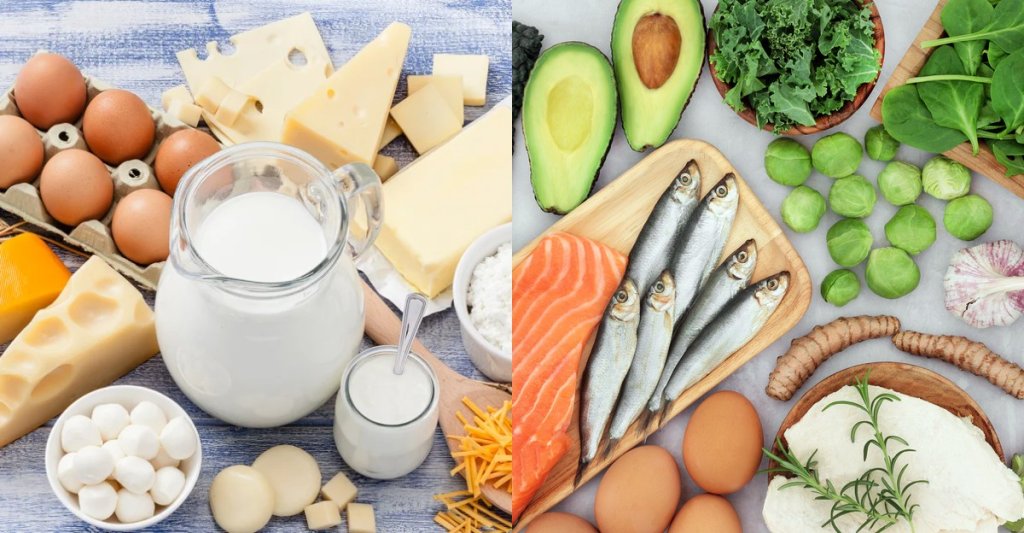
While medications are often prescribed to treat osteoporosis, maintaining a healthy diet with recommended amounts of calcium, vitamin D, protein, and other nutrients is invaluable for supporting beautiful bone health. Avoiding highly processed foods, added sugars, and a lot of alcohol may also help.
This article covers the foods best for bone health and foods to avoid to help with osteoporosis.
Osteoporosis Diet Benefits
A stable diet containing nutrients such as calcium, vitamin D and protein helps prevent further osteoporosis and reduces the risk of fractures.
calcium
It is vital for building and maintaining strong bones. Inadequate calcium intake throughout life is associated with low bone density and high fracture rates. When you don’t consume enough calcium in your diet, your body pulls calcium from your bones, which can contribute to osteoporosis.
Although it should be used by some individuals, they should be used with caution and under the supervision of a physician. Studies have linked calcium supplements to an increased risk of kidney stones, colon polyps (small growths in the large intestine), and heart disease.
Good dietary sources of calcium include:
- Milk
- Cheese
- Yogurt
- Dark, leafy green vegetables such as kale, spinach, and kale
- Bean curd
- Nuts and seeds
- Legumes
- Salmon and Sardines
Women 51 and older need 1,200 milligrams of calcium daily, while men need 1,000 milligrams. After age 70, men and women need 1,200 milligrams per day.
Vitamin D
Your body needs vitamin D to absorb calcium and keep muscles strong. Low levels are linked to reduced bone density, which can lead to osteoporosis and broken bones.
You can get vitamin D from sunlight and foods rich in vitamin D. However, very few foods are naturally rich in vitamin D. The best sources are the meat of oily fish such as trout, salmon or tuna, and fish liver oils.
Other dietary sources of vitamin D include:
- Liver
- Mushrooms
- Egg yolk
- Sardine
- Cheddar cheese
Individuals aged 70 and under should consume 600 IU (international units) of vitamin D daily. Individuals over the age of 70 should increase their daily consumption to 800 IU.
Protein
About 50% of your total bone volume and about one-third of your bone mass is made up of proteins. Dietary protein affects the secretion and action of growth factor I (IGF-I), like insulin, which is a hormone necessary for bone formation.
While it was once believed that too much protein can cause negative calcium stability and bone loss, some studies suggest that a protein-rich diet combined with adequate calcium intake is essential for bone health.
Good dietary protein sources include:
- lean meat
- sea products
- Eggs
- Bean
- legumes
- Nuts and seeds
Many experts recommend a dietary protein intake of 1.0-1.2 grams per kilogram of body weight per day, including about 20-25 grams of high-quality protein at each meal.
Other Nutrients
Dietary patterns rich in fruits and vegetables are linked to higher bone mineral density.
Vitamins and minerals commonly found in fruits and vegetables that play a role in bone health include:
- Potassium
- vitamin K
- C vitamin
- carotenoids
How is the Osteoporosis Diet Made?
A good diet for osteoporosis includes a variety of nutrients that support bone health. There are no specific rules, but try to eat nutrient-dense foods daily to provide the optimum amount of vitamins, minerals, protein and other vital nutrients.
Studies suggest that a calcium intake that meets the recommended daily calcium intake and a Mediterranean diet may be effective in maintaining good bone health and preventing osteoporosis.
The Mediterranean diet is high in fruit, vegetables, legumes, nuts, whole grains, fish, seafood and extra virgin olive oil. It is often low in red meat.
Eating dark, leafy greens, colorful vegetables, beans and nuts, as well as spending a reasonable amount of time in the sun, are good ways to meet your daily protein, calcium, and vitamin D needs without dairy or meat artifacts.
Foods to Avoid, Terminate, or Replace
Excessive consumption of certain foods such as added sugar, salt, ultra-processed foods, caffeine and alcohol can cause osteoporosis and increase your risk of osteoporosis.
Ultra Processed Foods
One study found that diets rich in red and processed meats, refined grains, and sweets were linked to lower bone mineral density and a higher risk of fractures.
Another study linked diets high in ultra-processed foods, such as cheese, chips, processed meat, pastries, pizza, snacks, and refined grains, with lower bone mineral density than other diets.
High fat intake, mainly from processed foods, directly impairs calcium absorption in the gut. It also puts you at greater risk as it can negatively affect bone health. Replacing high-fat processed foods with healthy fats like avocado and olive oil can also help you maintain a healthy weight.
Salt and Sugar
Too much salt can increase the amount of calcium your body excretes in the urine. Aim to consume less than 2,300 milligrams per day, which equates to about 1 teaspoon of table salt.
Excessive consumption of added sugars may increase the risk of osteoporosis by reducing intestinal calcium absorption, increasing urinary excretion of calcium and magnesium, and impairing bone formation.
Many sodas are high in added sugars and phosphoric acid, which can prevent bone mineralization.
caffeine
May interfere with calcium absorption. However, the evidence supporting its effects on bone health remains limited.
One study found that consuming 800 milligrams of caffeine resulted in a 77% increase in calcium eliminated by the kidneys over nine hours compared to a placebo (a caffeine-free substance). Another study found that individuals who regularly drink coffee have higher bone mineral density than those who do not drink coffee.
If you’re a coffee drinker, aim for two to three cups a day, as long as you’re eating calcium-rich foods. Replace caffeinated beverages with flavored water or decaffeinated coffee or tea to reduce your caffeine intake.
alcohol
Excessive alcohol consumption interferes with calcium stability and the body’s natural production of vitamin D. Individuals with alcoholism have high levels of cortisol, which can reduce bone formation.
Heavy drinking can cause hormone deficiencies in both men and women. Men may produce lower levels of testosterone, a hormone associated with bone formation. Women may experience irregular menstrual cycles, which can reduce estrogen levels and increase the risk of osteoporosis.
- On-Site Comments


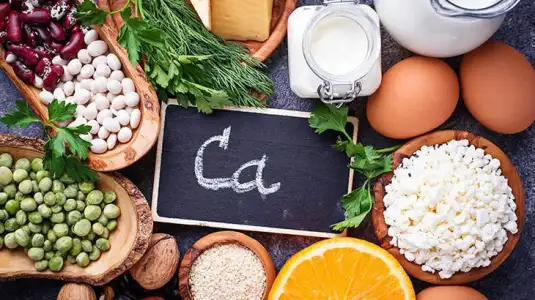
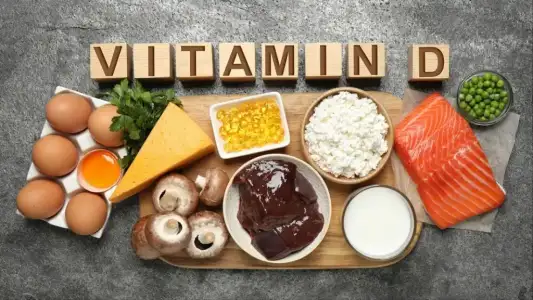
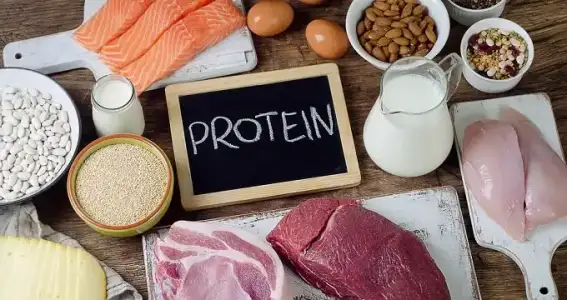
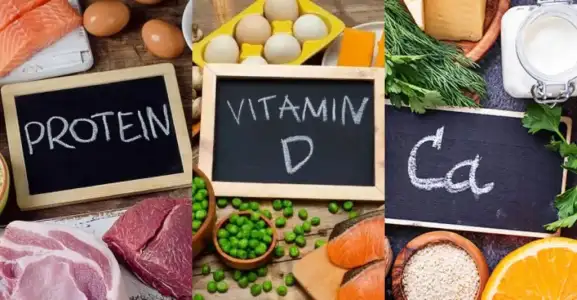
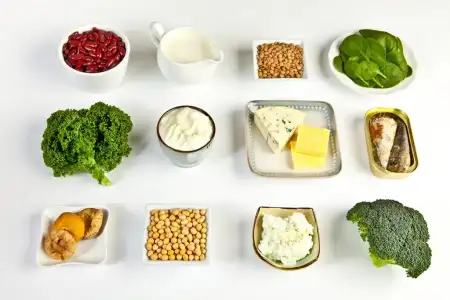

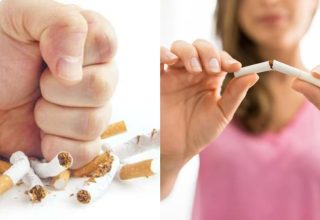
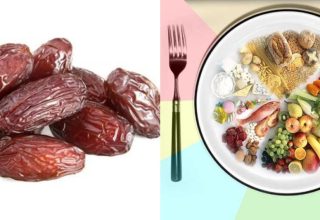
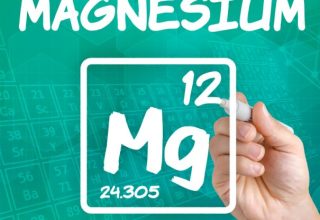

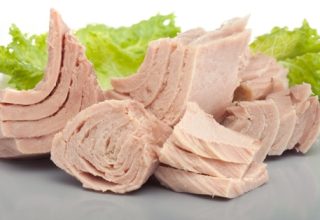


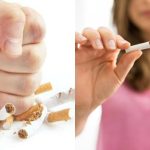
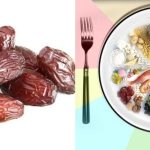
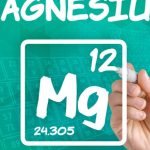

Comment